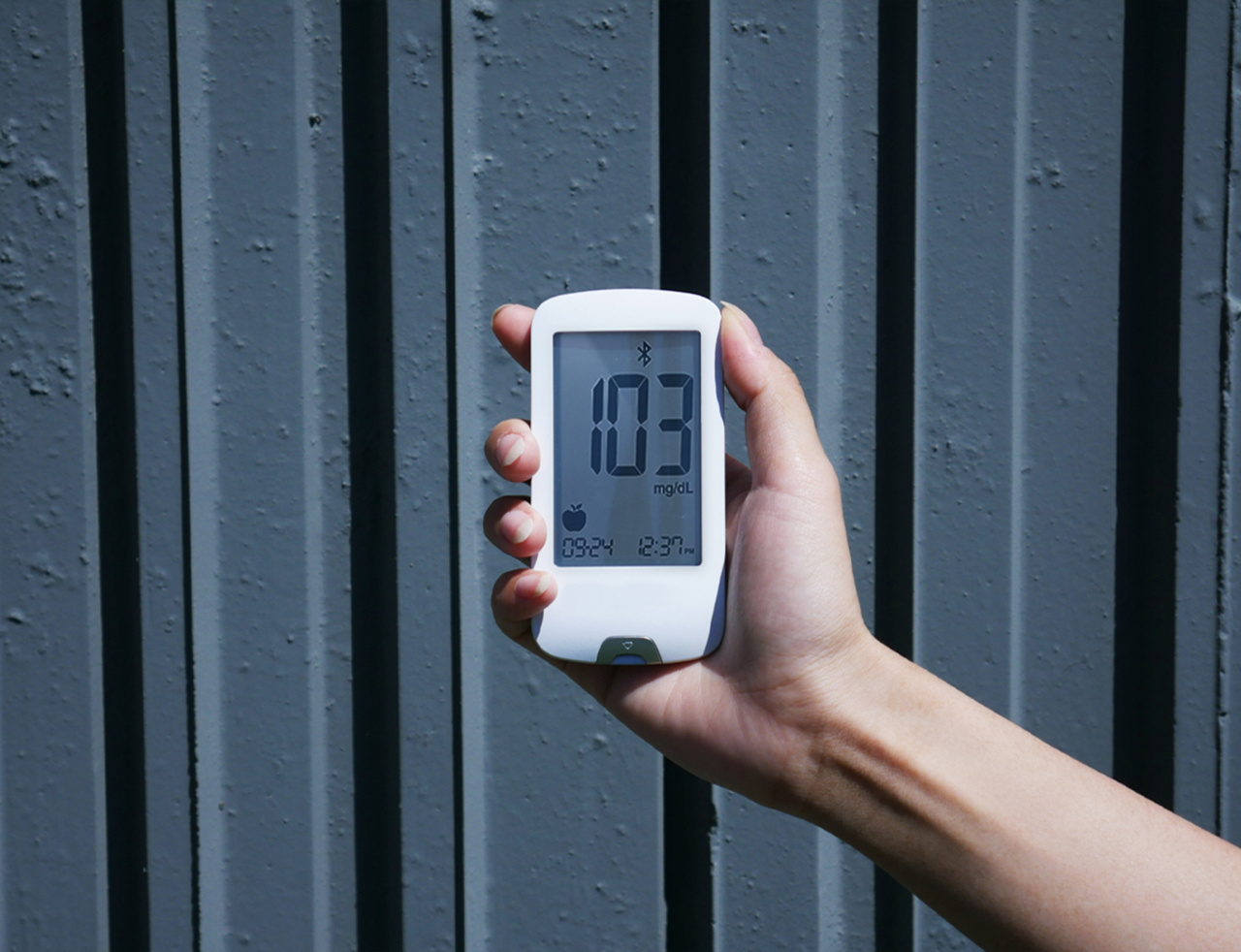Cold weather is generally associated with negative health outcomes such as flu, colds, hypothermia, and frostbites. However, research suggests that cold weather has some health benefits that we can embrace.
In this article, we explore some of the ways that cold weather can benefit your health.
Reduces Inflammation
Cold weather has been shown to reduce inflammation in your body, which is good news for people who have conditions such as arthritis.
According to a study published in the Journal of Applied Physiology, exposure to extreme cold temperatures reduced inflammation in the body by decreasing the production of cytokines, which are chemicals that cause inflammation.
Improves Sleep
Cold weather can potentially improve your sleep quality. A study published in the journal Sleep found that people tend to sleep better in a colder environment.
The National Sleep Foundation recommends a bedroom temperature between 60 and 67 degrees Fahrenheit to promote quality sleep.
Increase Calorie Burn
Exposing your body to cold weather can also increase your calorie burn, as your body works to maintain its core temperature.
A study published in the International Journal of Obesity found that exposure to cold temperature increased brown fat activity in the body, which leads to an increase in energy expenditure and calorie burn. This could make cold weather the perfect environment for people looking to lose weight or maintain a healthy weight.
Stimulates Blood Circulation
Cold weather can stimulate blood circulation, which can be beneficial for people with circulatory problems.
When you’re exposed to cold temperatures, your body tries to maintain its core temperature by reducing blood flow to your extremities, which can result in your body increasing circulation to your vital organs. This increased circulation can lead to improved overall blood flow, which can be beneficial for your heart and overall health.
Boosts Your Immune System
Although cold weather is typically associated with getting sick, it can actually boost your immune system.
According to a study published in the International Journal of Biometeorology, exposure to cold temperatures can stimulate the production of white blood cells, which are vital for fighting off infections and diseases.
Relieves Pain
Cold weather can also provide pain relief for people with certain conditions, such as sore muscles or joint pain. Applying cold compresses or ice packs to areas of pain can reduce inflammation and numb the area, which can provide some relief.
Additionally, taking a cold shower after a workout can help reduce muscle soreness.
Improves Your Mood
Cold weather can provide a mood boost for some people. Exposure to sunlight has been linked to improved mood, and cold weather tends to be associated with clear, sunny days.
Additionally, people tend to be more active in cold weather, which can lead to a release of endorphins, the feel-good hormones.
Strengthens Your Heart
When you’re exposed to cold temperatures, your heart has to work harder to maintain your body’s core temperature. This increased workload can lead to your heart becoming stronger and more efficient.
According to a study published in the journal Circulation, exposure to cold temperatures can lead to improved heart health and a reduced risk of cardiovascular diseases.
Improves Mental Alertness
Cold weather can also improve mental alertness and concentration, as your body increases its production of norepinephrine to keep you warm. Norepinephrine is a hormone that is responsible for increasing alertness and improving focus.
Boosts Vitamin D
Even in colder climates, cold weather can still provide an opportunity to soak up some vitamin D, which is essential for healthy bones.
Exposure to sunlight and outdoor activities in cold weather can contribute to your vitamin D intake, which can have numerous health benefits.






























